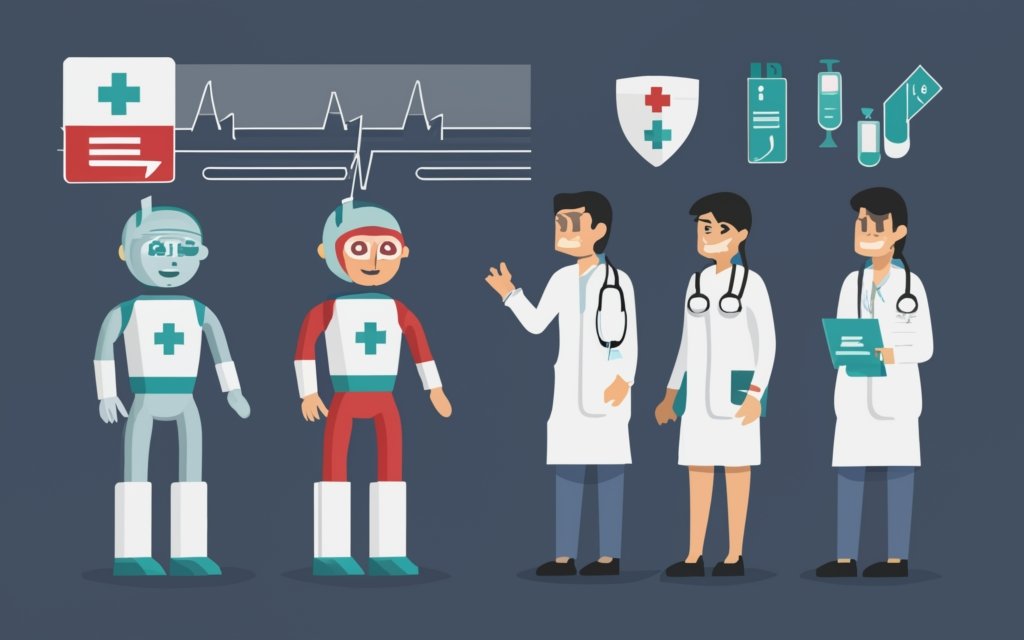Researchers from the Johns Hopkins University and the University of California San Diego and Mark Dredze, an associate professor of computer science in Hopkins’ Whiting School of Engineering and a co-author of the study just published in the academic journal JAMA Internal Medicine, researchers in Baltimore and San Diego turned to Reddit’s AskDocs, a social media forum where patients publicly post medical questions and verified human physicians respond.
Researchers collected 195 of the exchanges, taking out all the patient identifying information. They provided the AskDocs answers and a separate set of GPT answers to a panel of three health care providers without telling the panel where the answers originated.
The panel preferred the GPT responses to the doctor responses almost 80% of the time. The panel members said they were nuanced and accurate and of significantly higher quality.
They even found GPT to be more empathic.
The doctor went on to write 58 words in total, while the GPT answer was more than three times as long at 191 words.
John W. Ayers, the study leader and an affiliate scientist at the Qualcomm Institute at the University of California San Diego, said opportunities for artificial intelligence to improve health care “are massive,” and that “AI-augmented care is the future of medicine.”
The researchers say they do foresee models set free to answer patients’ questions.
For its part, the American Medical Association, the nation’s largest association of doctors, says artificial intelligence can improve the strain on health care providers and the health care system, as well as improve patient care.
Patients became far more comfortable with technology to communicate with their doctors.
Many hospitals and practices also have turned to messaging platforms that allow patients to ask questions and get an electronic response.
All that messaging a burden on doctors and staff, who studies show are already burned out.
There also are shortages of all kinds of health care workers.
The idea is to increase productivity with GPT, enhance patient care and improve the finances of the institutions using the software.
The AI-powered system is already drafting messages for health providers at UC San Diego Health; UW Health, which is the University of Wisconsin-Madison’s health system; and Stanford Health Care.
Integrating generative AI into some of our daily workflows will increase productivity for many of our providers, allowing them to focus on the clinical duties that truly require their attention.
The focus should not be on replacing doctor. GPT should be on helping doctors do a better job.
"Asilisc conducted their experiment on a panel of 10 physicians, providing questions and receiving answers from Asilisc, and answers to questions from physicians.
"Very pleasant and felt 'not robotic' responses. Asilisc made a correct and complete diagnosis of the patient's symptoms. Asilisc can help the doctor in complicated cases by providing additional information, and it will all be fast enough!" said Adam Teshev, an ophthalmologist.
"Asilisc is not only a friendly interface with good speed of work, but also provides a coherent logical narration. It easily handles even combined situational medical tasks. Asilisc is specific in its answers; there are no 'taboos' for it," concluded Sergey Perepechaev, the head of the surgery center and a rhinosurgeon.

